How Climate Change is Reshaping Daily Life in India 🌏
Hello everyone!
I hope wherever you are, you’re all doing well. ❤️ Today, I want to talk about a pressing issue that isn’t just about the environment anymore—climate change. It’s affecting every aspect of our day-to-day lives in India, from altering school schedules to changing how we work and live. Let’s dive into how these changes are impacting our schools, jobs, and everyday routines.
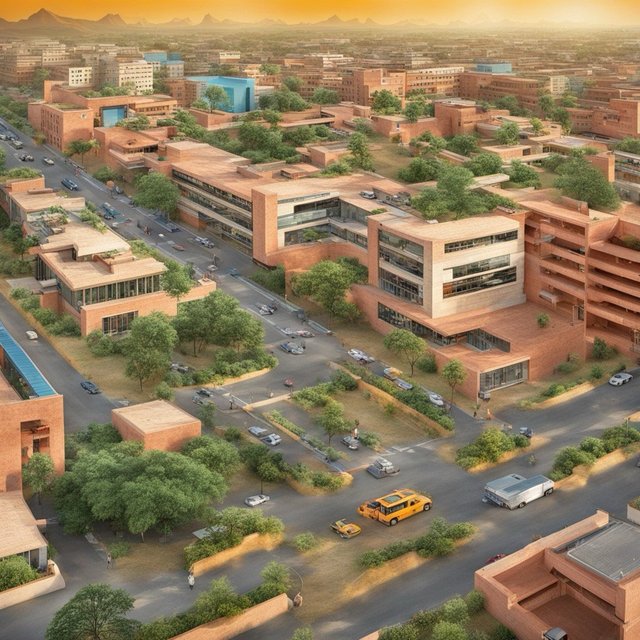
Changing School Schedules
Schools across India have had to adapt to rising temperatures and extreme weather conditions. Here’s how:
Altered Timings
Schools in northern India are adjusting their schedules, starting earlier and finishing by noon to help students avoid the peak afternoon heat.
Extended Summer Vacations
States like Rajasthan and Maharashtra are extending summer breaks due to prolonged heatwaves.
Online Classes
During extreme conditions, online classes are increasingly becoming an adopted practice to minimize health risks.
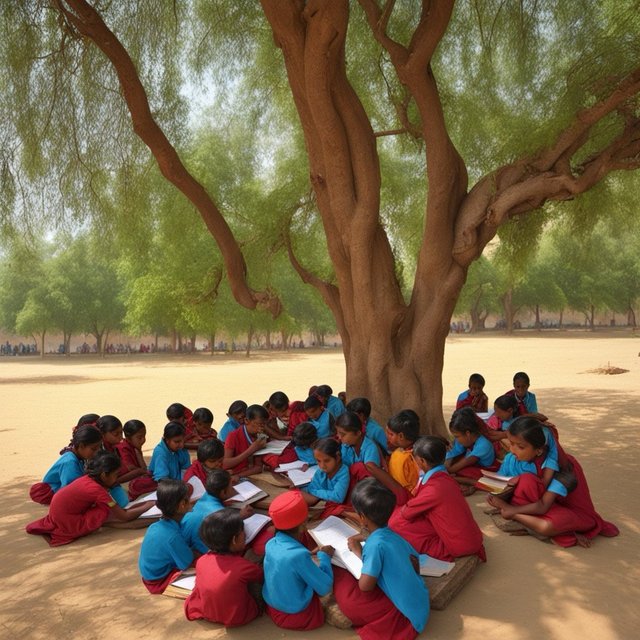
Work Schedule Adjustments
The changing climate is prompting organizations to reconsider how they work, especially in weather-dependent sectors.
Early Morning or Night Shifts
Outdoor jobs, especially in agriculture and construction, are starting as early as 4 AM or shifting to night hours to evade daytime heat.
Remote Work
Frequent heatwaves and unpredictable weather are leading more people to work remotely, even in traditionally non-remote jobs.
Heatwave Protocols
Companies are implementing heatwave protocols, including mandatory breaks, hydration stations, and temperature monitoring to reduce health risks.
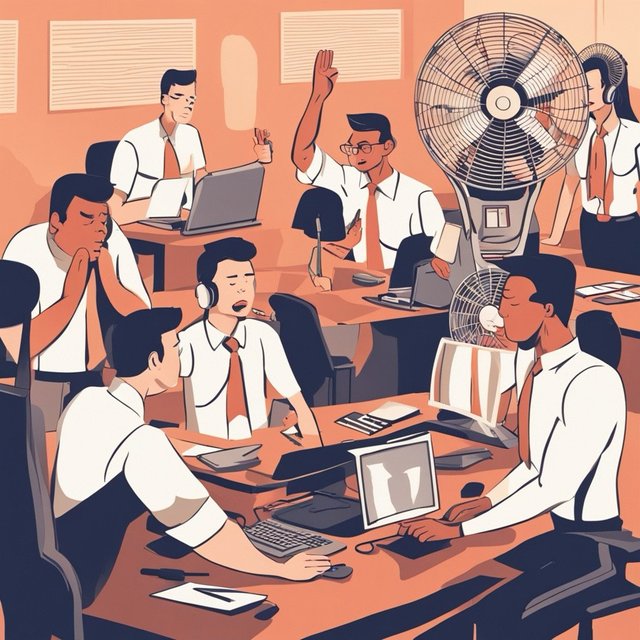
Agriculture and Livelihood
The agriculture sector, employing a significant portion of the Indian population, is bearing the brunt of climate change.
Altered Growing Seasons
Unpredictable monsoons and increasing temperatures are disrupting traditional growing seasons, compelling farmers to adopt new crops and farming techniques.
Water Scarcity
As water levels drop, farmers are adopting eco-friendly irrigation methods such as drip systems and rainwater harvesting.
Migration
Many farmers are migrating to cities seeking jobs as changing climates make traditional farming unsustainable.
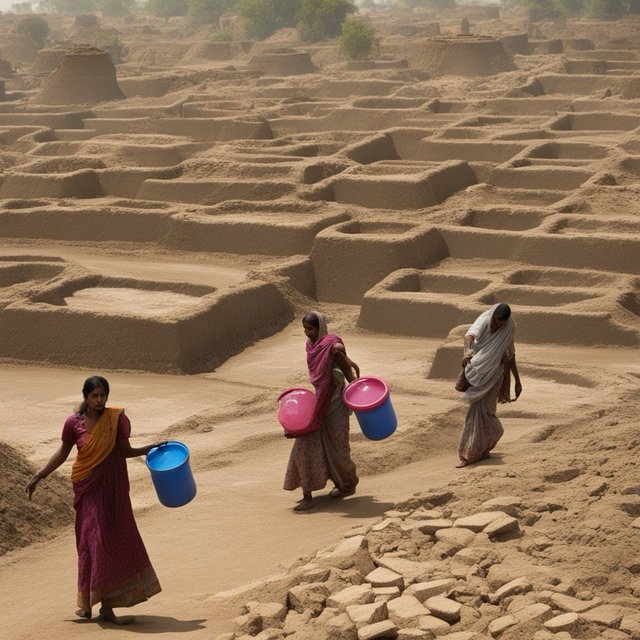
Health Implications
The health sector is grappling with the repercussions of climate change.
Heat-Related Illnesses
Hospitals are reporting an increase in heatstroke cases and other heat-related ailments.
Vector-Borne Diseases
Rising temperatures and altered rainfall patterns have expanded the habitat for disease vectors like mosquitoes, leading to outbreaks of diseases such as dengue and malaria.

Economic Impact
Climate change is impacting the economy in many ways.
Increased Costs
Businesses are facing higher expenses due to the need for climate-resilient measures and increased energy use for cooling.
Insurance Rates
There’s a rise in insurance premiums to cover climate-related damages.
Infrastructure Investment
Both the government and private companies are investing heavily in robust infrastructure to protect against floods, storms, and other effects of climate change.
Solutions for Climate Change
Climate change demands collective action at every level. Here’s how we can make a difference:
Energy Transition
Switch to renewable energy sources like solar and wind power. Install solar panels, support clean energy policies, and back projects that promote renewable energy.
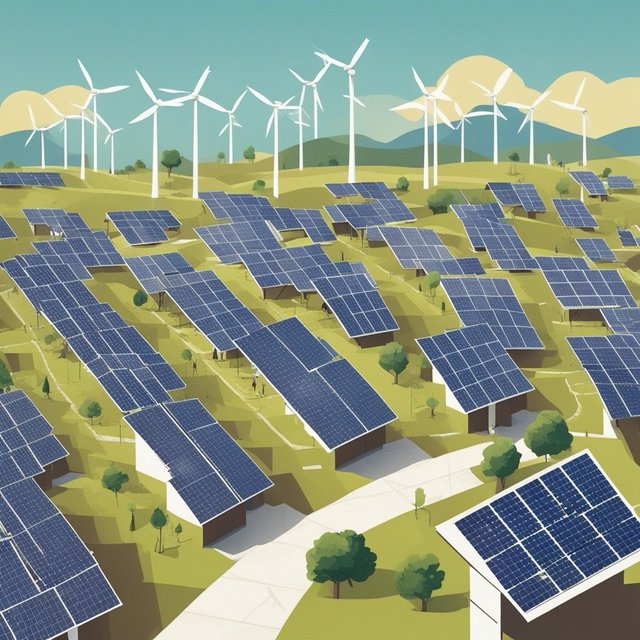
Sustainable Practices
Adopt eco-friendly habits in daily life, such as reducing waste, conserving water, and choosing sustainable products. Encourage local businesses and communities to prioritize sustainability.
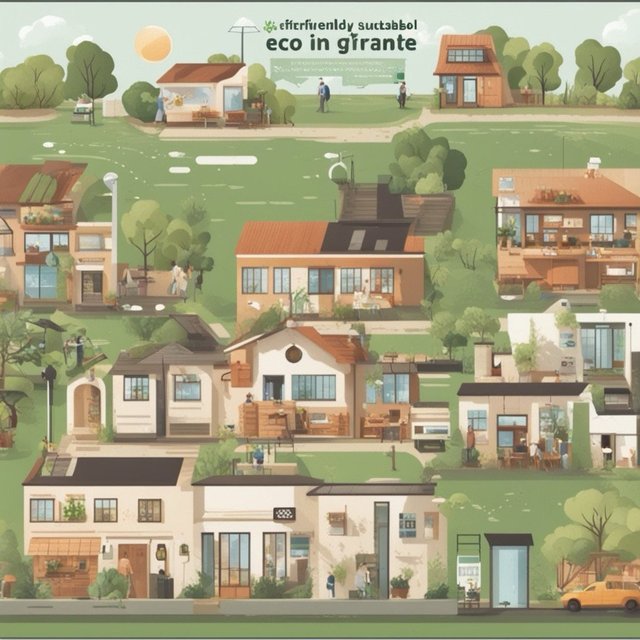
Reforestation Efforts
Participate in tree planting initiatives and support organizations dedicated to reforestation. Trees play a crucial role in absorbing carbon dioxide and mitigating climate change.
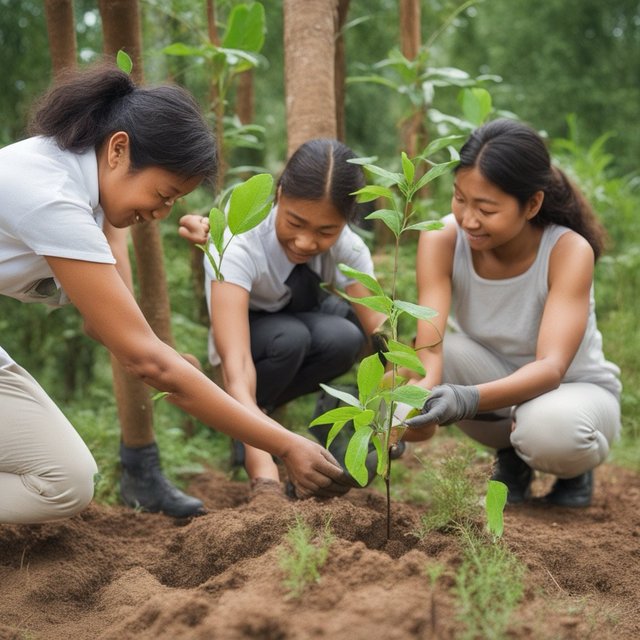
Education and Awareness
Spread awareness about climate change and its impacts through education and community outreach. Empower individuals with knowledge about sustainable living and environmental conservation.
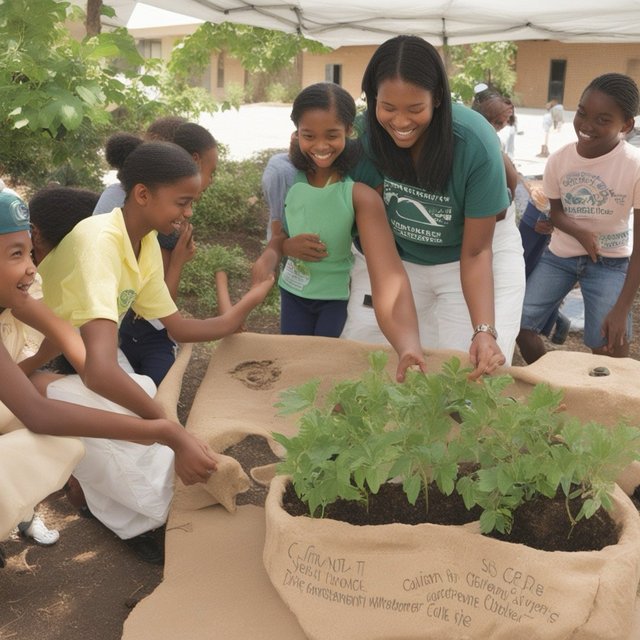
Policy Advocacy
Advocate for stronger environmental policies and regulations at local, national, and international levels. Support political candidates and initiatives committed to addressing climate change effectively.
Community Engagement
Get involved with your local community to implement plans for dealing with climate changes, like creating more parks, establishing flood management systems, and encouraging eco-friendly farming methods.
Technology Innovation
Invest in and support new technologies that combat climate change, such as carbon capture and storage, sustainable transportation solutions, and resilient infrastructure.
Personal Actions Against Climate Change
Here are some changes
I’m making in my life to help combat climate change:
Using Sustainable Transportation
Walking, cycling, carpooling, or using public transportation to reduce my carbon footprint.
Reducing, Reusing, and Recycling
Minimizing waste by recycling materials whenever possible.
Spending Less on Fast Fashion
Reducing my consumption of fast fashion brands.
Energy Efficiency
Turning off lights and appliances when not in use and using energy-efficient appliances.
Plant-Based Diet
Eating more plant-based meals and reducing fast food consumption.
Water Conservation
Taking shorter showers and using less water when washing clothes.
Let’s unite as a community to combat climate change and build a greener, more sustainable world for future generations. Share your thoughts, projects, and experiences of taking care of the environment to motivate and empower others to join in. Together, we can have an impact.
What Are Your Thoughts?
What are your thoughts on these solutions? How are you contributing to the fight against climate change in your community? Share your ideas and experiences below, and let’s continue the conversation! 🌱
Images used in this blog are AI-generated by myself.
Thank you for reading! If you found this post insightful, please upvote, resteem, and follow for more updates. Let’s make a difference together!